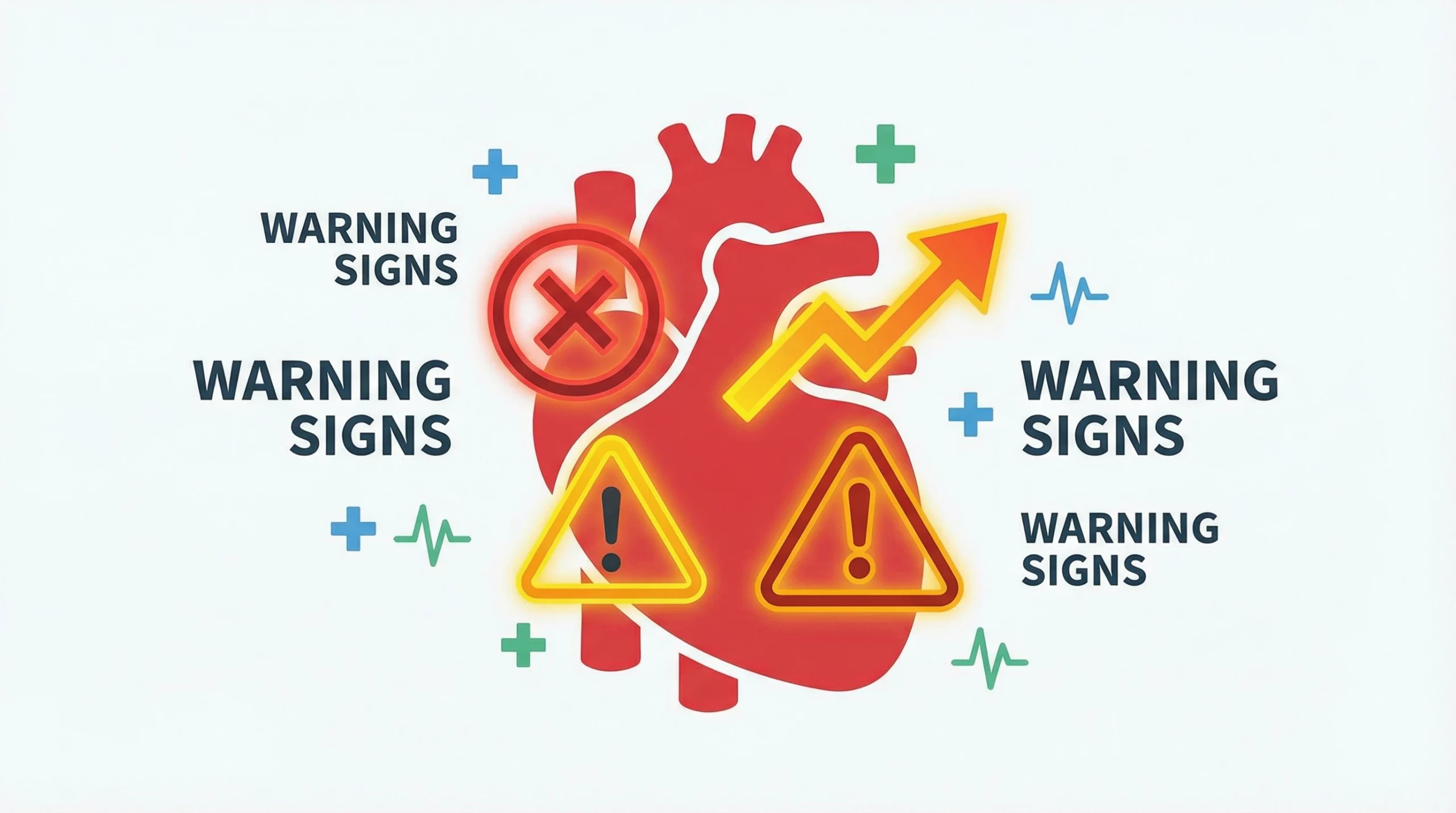Calcium is an essential mineral that has a vital role in many of our body functions. But calcium cannot do it all alone. For calcium to work, it relies on vitamin D to help with its absorption. This is why vitamin D and calcium are referred to as the dynamic duo for bone health. In this article, we will explore how vitamin D helps calcium absorption and why it is important to maintain adequate levels of both nutrients.
If you want to read up on what calcium is and calcium supplement options, click here.
What is Vitamin D?
Vitamin D is a fat-soluble vitamin that is vital in many functions of the body. It can be found in certain foods and can also be produced by the body when exposed to sunlight. This is why vitamin D is also known as the “sunshine vitamin.” Vitamin D has been associated with our immune system and certain diseases, such as cardiovascular diseases and osteoporosis. One of the most crucial functions of vitamin D is to help absorb calcium, magnesium, and phosphate.
How is Vitamin D Produced in the Body?
There are several types of vitamin D. You may have heard of ergocalciferol, which is vitamin D2, and cholecalciferol, which is vitamin D3.

Vitamin D2 is generally produced in plants and can be obtained from certain mushrooms, such as portobello, maitake mushrooms, and yeast. Vitamin D3 is what our body produces. It can also be obtained from meats, such as salmon and tuna.
For vitamin D3 that our body produces to function properly, the precursor molecule to vitamin D3 needs to be activated to vitamin D3. This is done by ultraviolet (UV) rays when our skin is exposed to sunlight. Generally, it’s recommended that each individual gets at least 10-30 minutes of sunlight each day. The number of minutes depends on the individual’s skin color. For example, an individual without a tan may only need 10 minutes of sunlight, while someone with a darker tan may need 25 minutes.
Now that we have both vitamin D2 and D3. The body needs to take the next steps to further transform these vitamin Ds into something it can use. They are both transported to our liver and kidney, which convert both of them to the same final product that can be used to assist in essential functions, such as bone maintenance, cardiovascular health, and disease prevention.
 The Role of Vitamin D in Calcium Absorption
The Role of Vitamin D in Calcium Absorption
Vitamin D is critical in helping the body absorb calcium from our gut. This is mainly due to a receptor called vitamin D receptor, VDR, which constantly regulates the calcium level in the body. It has been shown that in individuals whose VDRs do not function, there is a disruption in calcium metabolism. In mice without VDR, there is a greater than 70% reduction in calcium absorption.
In other words, when the body is low in vitamin D, it cannot absorb calcium efficiently, leading to a decrease in the amount of calcium available for bone growth and maintenance. This can lead to weaker bones and a higher risk of osteoporosis and fractures.
The good news is if you are already taking a calcium supplement, there is a good chance that your calcium supplement already contains some vitamin D in each tablet, so you shouldn’t have to worry too much about this.
Other Consequences of a Vitamin D Deficiency for Calcium Absorption
Because vitamin D is part of many other essential body functions, a vitamin D deficiency can lead to many other health conditions. Some of these include a weakened immune system and potentially increased risk of certain diseases, such as cardiovascular disease, cancer, and depression. We mentioned that vitamin D deficiency leads to a lower amount of calcium, which increases the risk of osteoporosis and fractures. Additionally, a vitamin D deficiency can lead to an increase in the hormone that causes the body to break down bone tissue, which increases the risk of osteoporosis and weaker bones even further.
What is the Daily Recommended Amount of Vitamin D?
In the United States, over one in four individuals have an inadequate level of vitamin D. It is difficult to know whether you are low on vitamin D or not because you can get vitamin D from diets, sunlight, or vitamin D supplements. The only way to know for sure is to get a blood test with a healthcare provider.
The recommended daily intake of vitamin D varies depending on age, but the U.S. National Institutes of Health (NIH) recommends the following:
- Birth to 12 months: 400 IU per day
- Children (1-18 years): 600 IU
- Adults (19-70 years): 600 IU
- Adults over 71 years: 800 IU
Please refer to the NIH fact sheet here if you want additional information.
Conclusion
Vitamin D is an essential nutrient that is vital for optimal health. Because it can be activated by sunlight, it is known as the “sunshine” vitamin. Consumption of sufficient vitamin D can help ensure that your body can function properly and prevent health problems associated with a deficiency. Vitamin D plays a vital role in calcium absorption. This is why they are sometimes referred to as the dynamic duo. I hope this answers the question we began with, “Does Vitamin D Help Calcium Absorption?” The answer is yes! Feel free to leave a comment or question below.
Reference:
1. Sizar, O., Khare, S., Goyal, A., & Givler, A. (2022). Vitamin D Deficiency. In StatPearls. StatPearls Publishing.
2. Haines, S. T., & Park, S. K. (2012). Vitamin D supplementation: what’s known, what to do, and what’s needed. Pharmacotherapy, 32(4), 354–382. https://doi.org/10.1002/phar.1037
3. Fleet JC. The role of vitamin D in the endocrinology controlling calcium homeostasis. Mol Cell Endocrinol. 2017 Sep 15;453:36-45. doi: 10.1016/j.mce.2017.04.008. Epub 2017 Apr 9. PMID: 28400273; PMCID: PMC5529228.
4. National Institutes of Health. (2022). Vitamin D: Fact Sheet for Consumers. November 8, 2022. https://ods.od.nih.gov/factsheets/VitaminD-Consumer/









Michel Maling
Because of the dangers of spending too much time in the sun, I think that more and more people worldwide are suffering from vitamin D shortages. I know because I am one of them. Now I am told, apart from supplements I must take ten minutes a day to get full sun exposure.
So yes taking all your calcium supplements doesn’t help at all if your body doesn’t have the vitamin D to absorb it.